10 facts about Vienna for those planning to buy Real Estate and relocate
Why Vienna attracts many foreign buyers and investors and is an attractive place to move permanently – economy, social life.
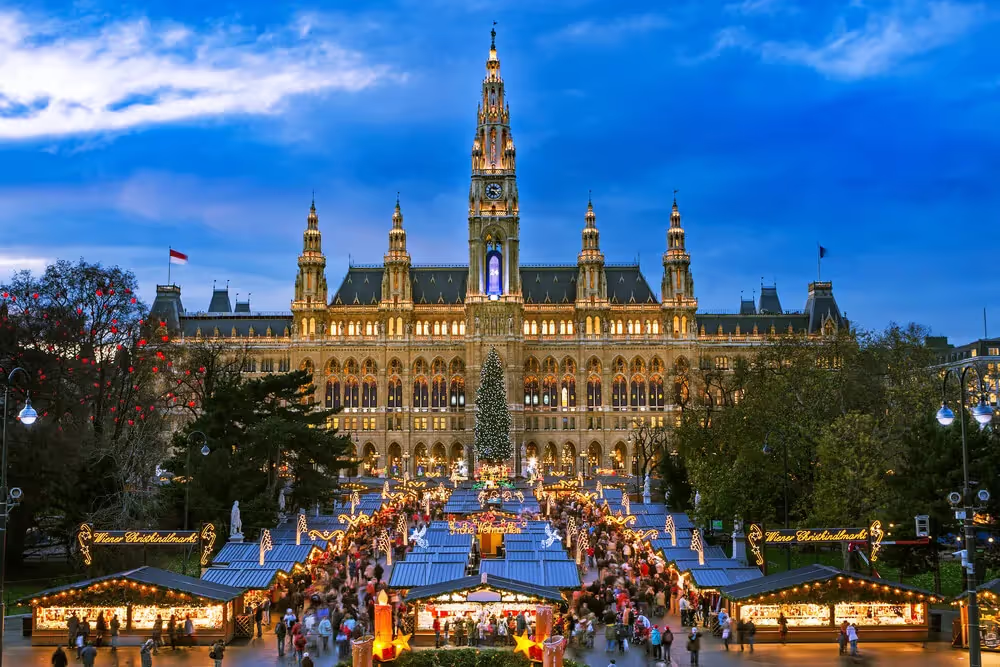
Vienna is a city of timeless classics, culture, music, tradition and a high standard of living. The city appeals to foreigners who are planning to relocate and those who are thinking of purchasing property here for investment purposes. What makes Austria, and especially its capital, so interesting to immigrants and investors? What should you look out for when buying? We have prepared the top 10 facts about Vienna to help you make the right decision.
Vienna is the most comfortable city to live in

Austria's capital city has been voted the most comfortable city for living by The Economist, 3 times. And for the tenth time, Vienna ranked first out of 231 cities in Mercer's Quality of Living Ranking. Factors taken into account include:
- Political, social and economic environment
- Obtaining education
- Health services
- Infrastructure
- Urban mobility
- Electricity and water supply
- Waste production and recycling
- Leisure facilities (e.g. restaurants, theaters and cinemas)
- Sports facilities
- Availability and quality of consumer goods
- Nature and environmental conditions
Vienna leads in all of these categories.
Location
Vienna is situated in the heart of Europe. After a couple of hours' drive, you will find yourself among Austria's most beautiful mountains and lakes. Within 4 to 6 hours, you can reach the capital of the Czech Republic (216 km), Hungary (292 km), Slovenia (360 km), Slovakia (346 km) and Croatia (478 km) by car. Thanks to the excellent flight connections it is possible to travel at any time, and in doing so, does not require a great deal of money.
The city is located in the heart of Europe, with major multinational companies opening up around 8,000 offices per year. Many of them are focused on the development of communication and information technology, wholesale trade and various types of services. Not forgetting the headquarters of world-renowned pharmaceutical and biotechnology companies.
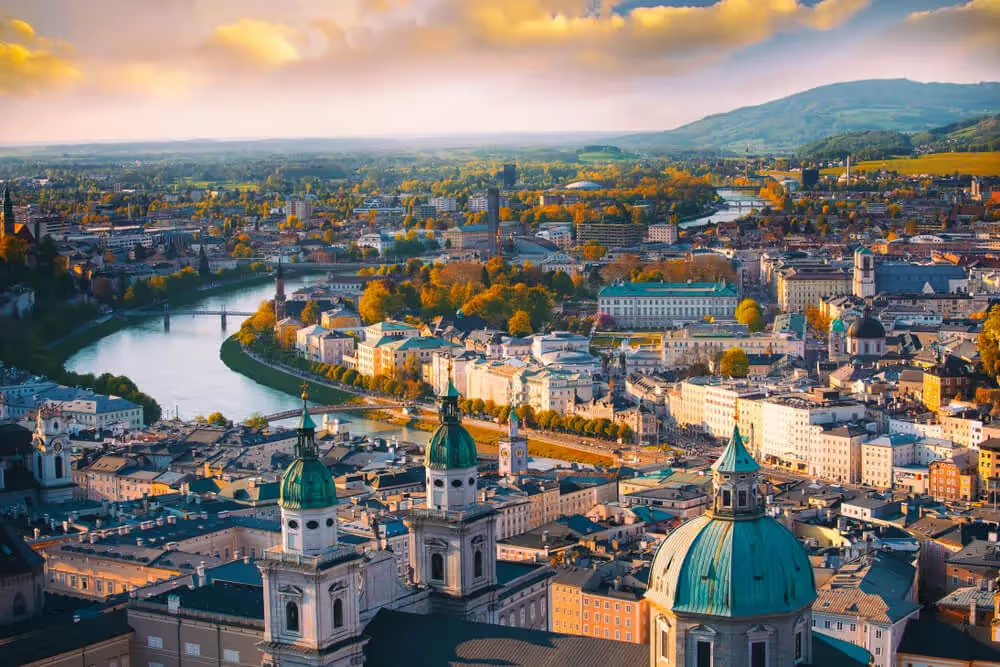
Economy
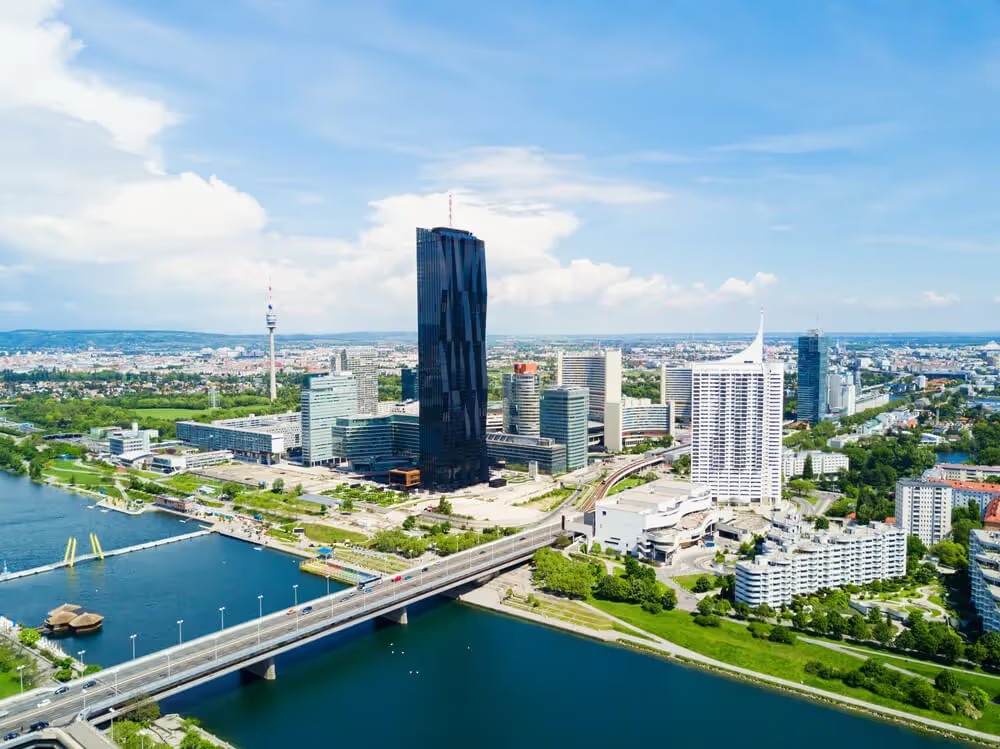
Vienna is an economically developed city with a high quality of life, excellent infrastructure and convenient location, which makes it easily accessible to the markets of Eastern and Central Europe.
According to a report by Statistics Austria, Vienna is Austria's largest importing region with a 24.5% share of the national total.
Since 2004, the Austrian capital has attracted over 400 companies with foreign capital. That being said, EUR 420M of foreign capital has been invested in the city. Business professionals from many countries across the world choose Vienna for its established connections with the international market. Additionally, up to 60% of foreign investments in Austria come here. The capital is considered to be the most comfortable place for living and doing business.
Lucrative investment environment
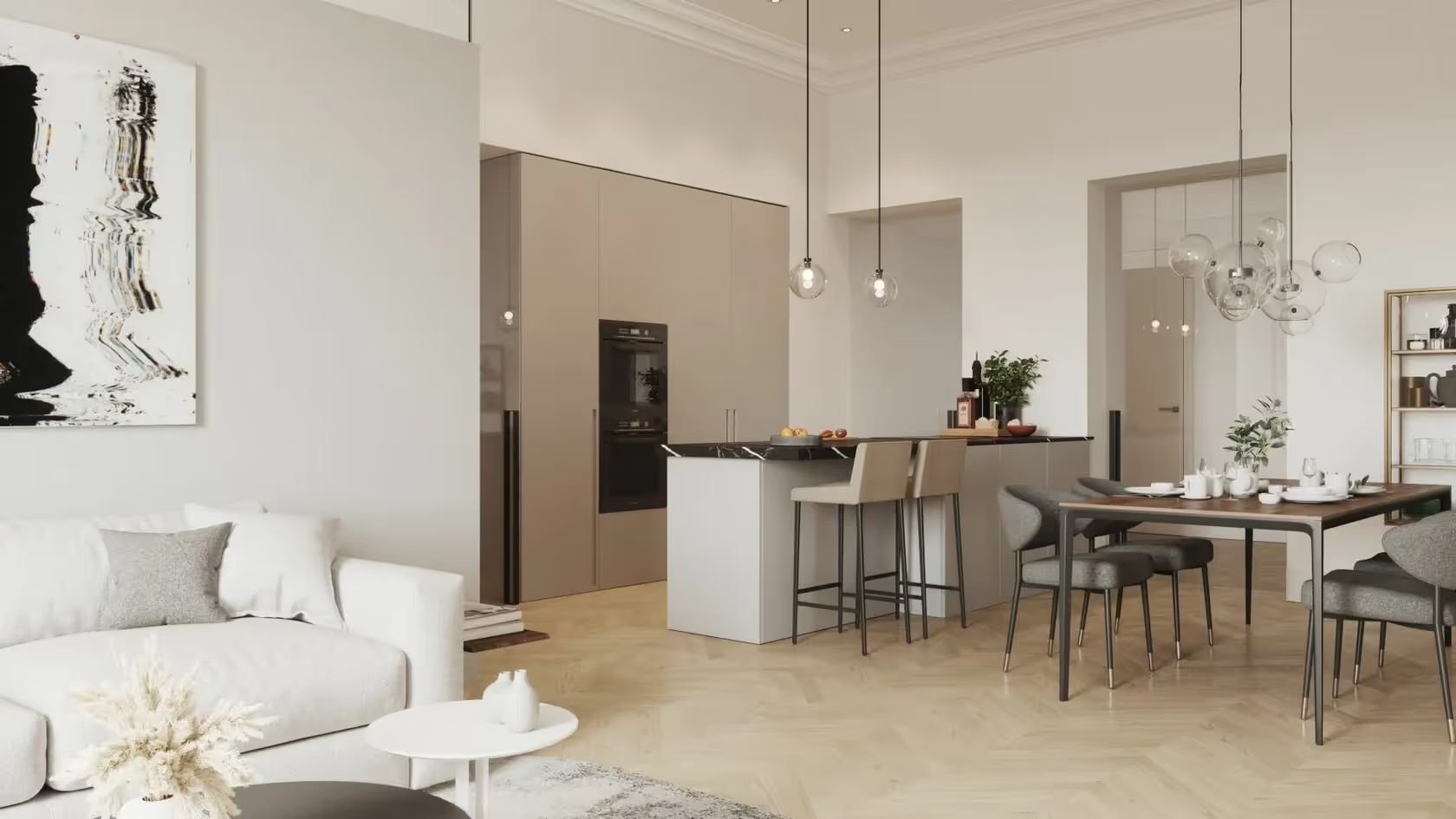
Real estate in Vienna, like in the rest of Austria, has been growing in value over the last decade. Since the beginning of 2022, housing in Austria is considered to be the most expensive in Europe, both for sale and to rent. However, locals and most immigrants prefer to rent rather than buy. In total, there are about 913,000 occupied properties in Vienna. Around 702,000 or 77% of them are rented out.
When buying property in Vienna, investors can increase their passive income by renting out residential or commercial units. The demand for real estate is also growing due to tourism and migration.
During the pandemic and the long quarantine period, 76% of the local population remained satisfied with the housing conditions as per before. This is the result of a survey by the Raiffeisen Immobilien Vermittlung. Moreover, 12% were even more satisfied than before the lockdown. With such positive values, we can presume that the Austrian inhabitants will not flee the capital city as they do in other countries.
NBD! In contrast to other European capitals, residential real estate in Vienna is more profitable from an investment point of view, and prices in the city continue to rise. This tends to indicate that an investor will get a decent return on the resale value.
Population of theCapital
The population of Austria is about 8.9 million people, of which about 1.9 million live in Vienna. By 2028, it is expected that the number of residents in the capital will exceed 2 million, and by 2070, this could reach more than 2.2 million. The growing Viennese population means that real estate will be in high demand and increase in value in the future. This will have a positive effect on passive income for investors.
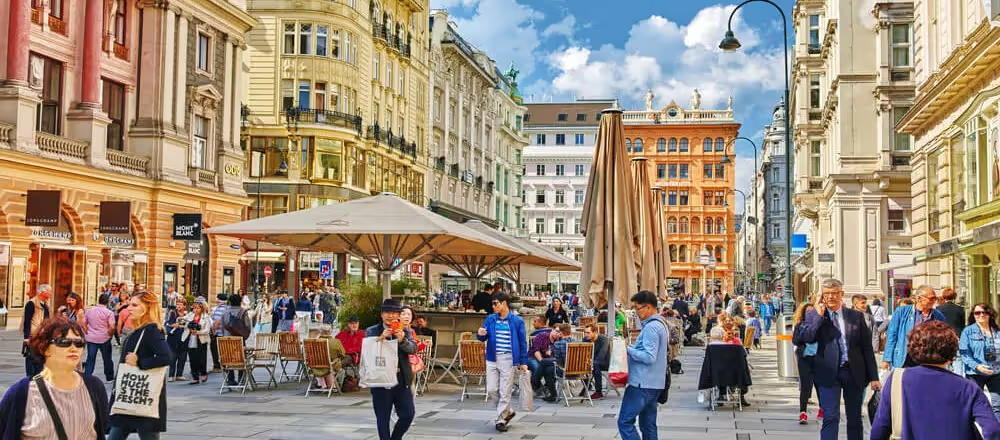
Education System
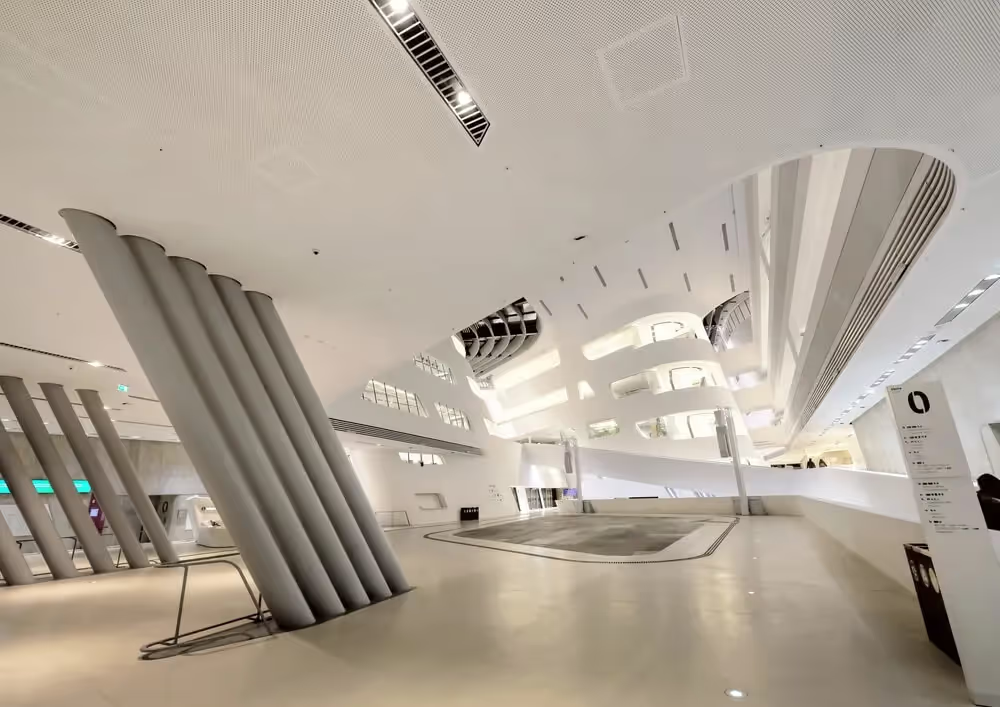
Austria is famed for its high level of education. This applies both to schools and institutions of higher education. According to the UN Development Programme, Austria is No. 25 in the world on the Education Satisfaction Index. Vienna's educational institutions rank among the top 100 universities worldwide, with some subjects being ranked in the world's top 20.
You can choose from a wide range of educational institutions for very different purposes: colleges, vocational training schools, academies, higher schools, universities, in addition to private or public institutions.
It is worth noting that school and pre-school education in Austria is free of charge. However, there is also a wide range of public schools and kindergartens, which charge fees.
As for higher education, there are two dozen top-class universities in Vienna. The advantages of studying here are as follows:
- No entrance exams: everyone has a chance to enroll into the desired field of study.
- Affordable fees in public higher education institutions: for CIS citizens from EUR 364 per semester.
- High quality: internationally recognised diploma in almost every country in the world, including the CIS countries.
- Language: many universities offer teaching in English, as well as German language courses at the university.
- Variety of programmes: over 300 fields of study, including master's and doctoral studies.
A university degree opens up great employment opportunities in Austria and other EU countries.
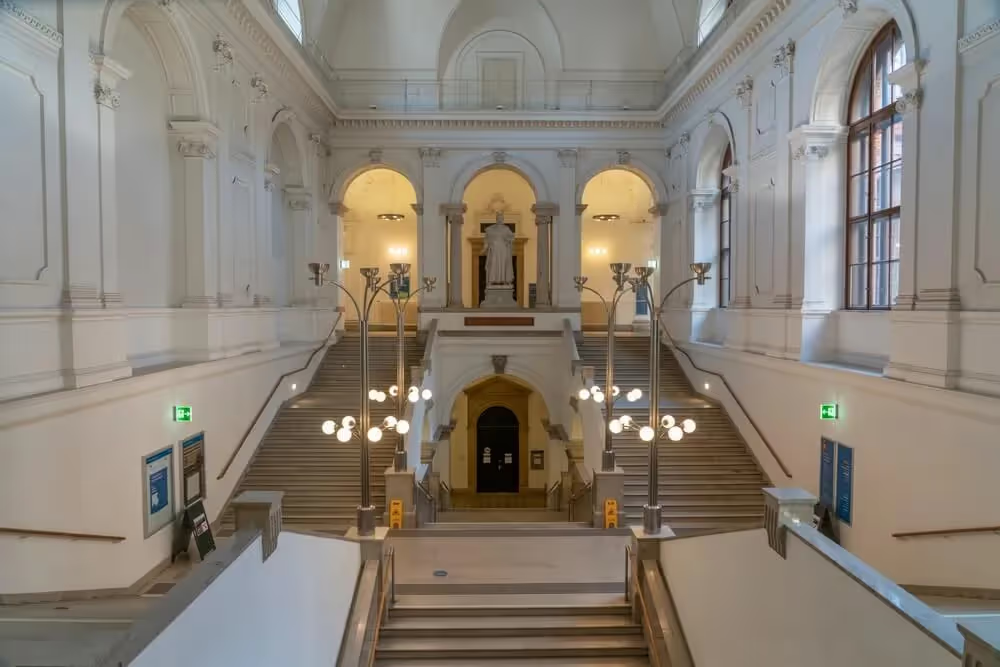
NBD! You can find out more about the education system in Austria, schools and universities as well as admission requirements here.
Developed Public Transportation System
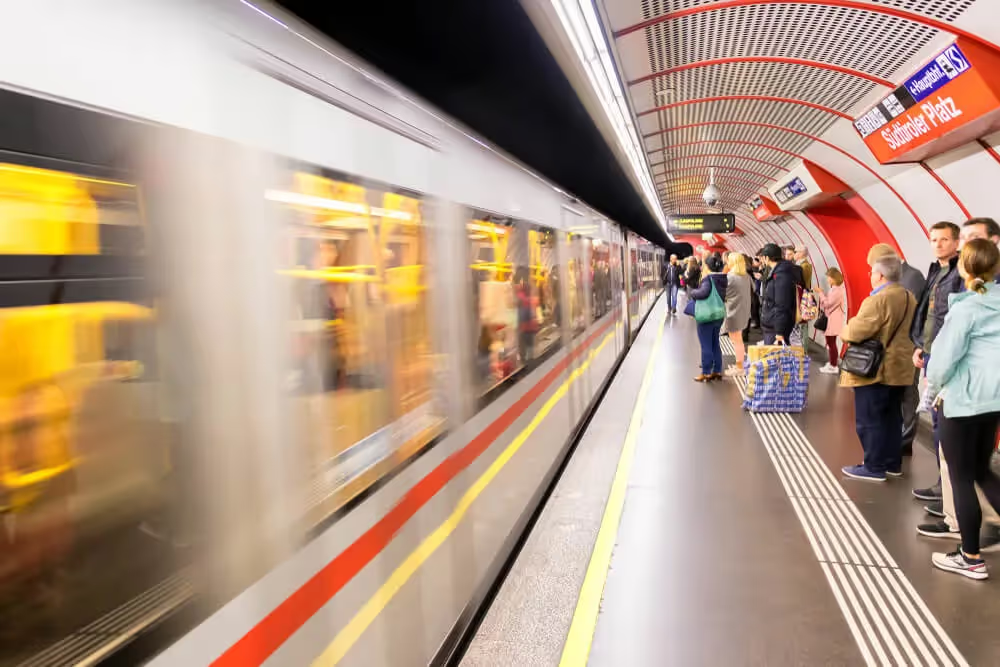
The public transport network in the capital city is well developed, consisting of the underground (U-Bahn), high-speed trains (S-Bahn), tram lines and bus lines. Vienna's public transport network is 937 km long, with 5 underground lines, 28 tram lines and 90 bus routes, which can take you anywhere in the city.
As locals make extensive use of public transport, easy access to a metro or tram/bus station has a significant effect on property values.
The city is doing everything possible to promote green mobility and reduce CO2 emissions, which is why many prefer to use bicycles, scooters and electric cars.
NBD! You can learn more about Vienna's transportation infrastructure here.
The bicycle lane network is 1,431 km long and covers most of the city. It's only natural for Viennese people to use a bike whilst living in leafy areas. Even the Austrian president, Alexander Van Der Bellen, often gets to work by bicycle.
Medicine
The average life expectancy in Austria is 81 years, which is attributed to the highly developed health system here. In 2021, the WHO awarded the state with ninth place in the global ranking.
There are 50 doctors per 10,000 residents, while in the EU and CIS countries these figures are two times lower. All locals, immigrants and tourists are obliged to obtain medical insurance. If you have it, you can go to public hospitals free of charge, and only in extreme cases, you have to pay for an appointment with a doctor. The insurance may cover:
- Ambulance call
- Cost of prescription drugs prescribed by a doctor
- Pregnancy care
- Vaccination
- Psychiatric care
- Services of a dentist, ophthalmologist, etc.
Vienna is known for its medical tourism. Hundreds of patients from across the world head to private hospitals in the capital, as the best specialized physicians are concentrated there, and patients have access to excellent state-of-the-art medical care.
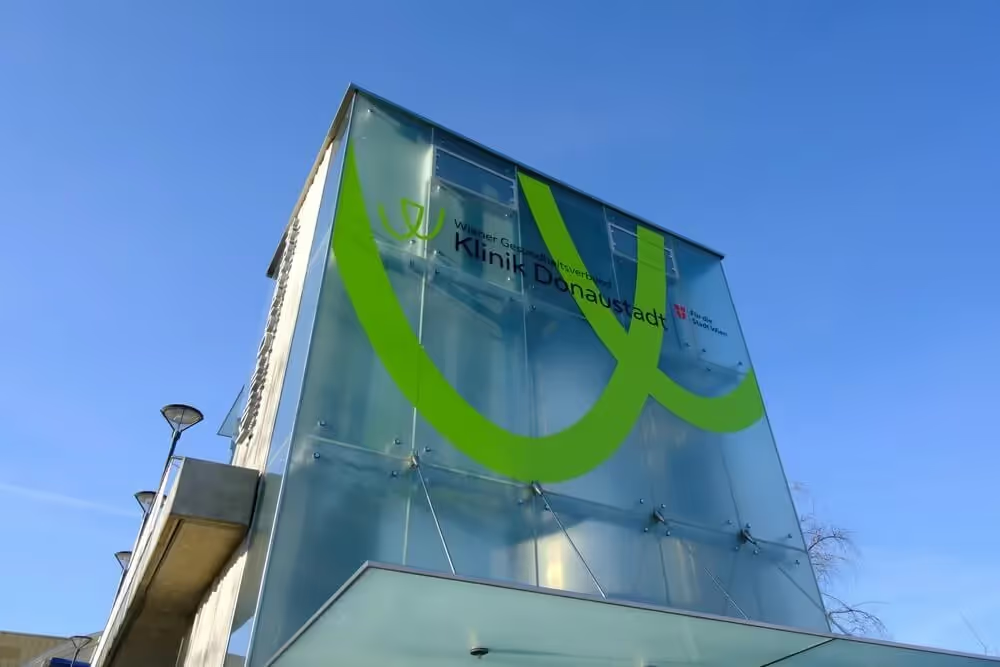
Environment
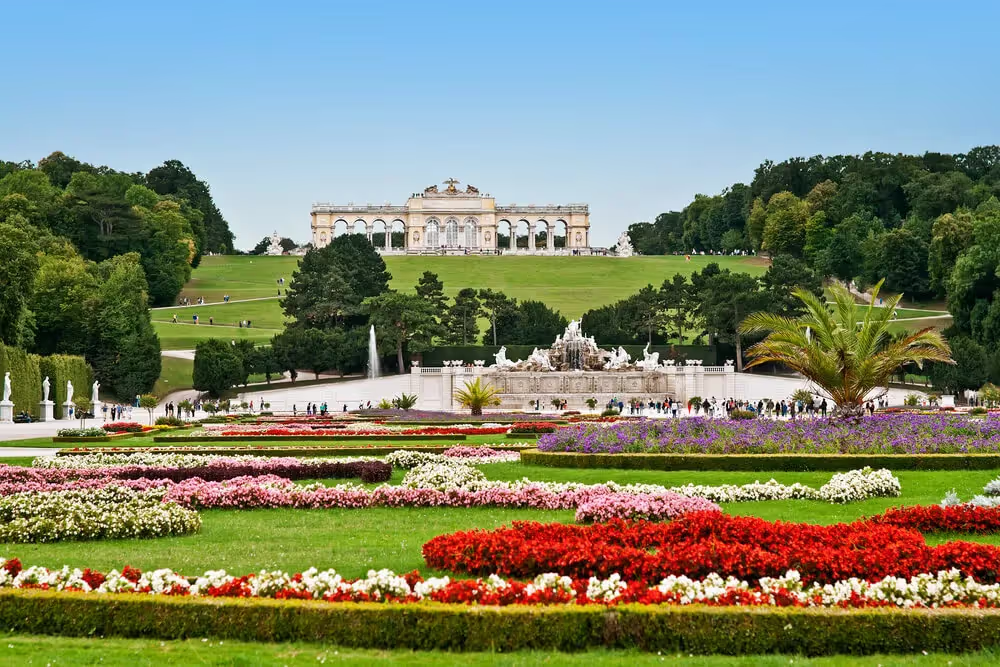
Vienna was awarded the status of the most comfortable and green city in 2020. A total of 55% of the capital city is dedicated to green areas and parks. In general, the eco trend plays a huge role in the lives of Austrians, and environmental awareness is very high in Vienna. Many are willing to pay more for "eco-friendly green electricity" from renewable sources like the sun, wind, water, etc. Every year, more and more solar panels appear on Vienna's rooftops.
Vienna receives the purest water from the Alps, and residents can drink it unfiltered sraught from the tap. There is also a developed waste-sorting system, which is taken very seriously in Vienna.
It is particularly worth mentioning the Spittelau waste incineration plant in Alsergrund (district 9 of Vienna). The energy it generates provides hot water for the whole neighbouring area and the hospital. This almost halves the utility bills in the district.
Austrians pay a lot of attention to the quality of their food. Some 26% of the land is farmed according to the principles of organic farming. Therefore, organic products can be found in any supermarket, as well as products for those who adhere to vegetarianism and veganism.
Vienna's districts
Vienna is divided into 23 districts, with each one being unique in its own way. The inner districts – around the city center – boast a charming atmosphere thanks to their historical buildings and sights, and are therefore popular with tourists. In the outer districts, life is more measured and quiet, with plenty of recreational areas.
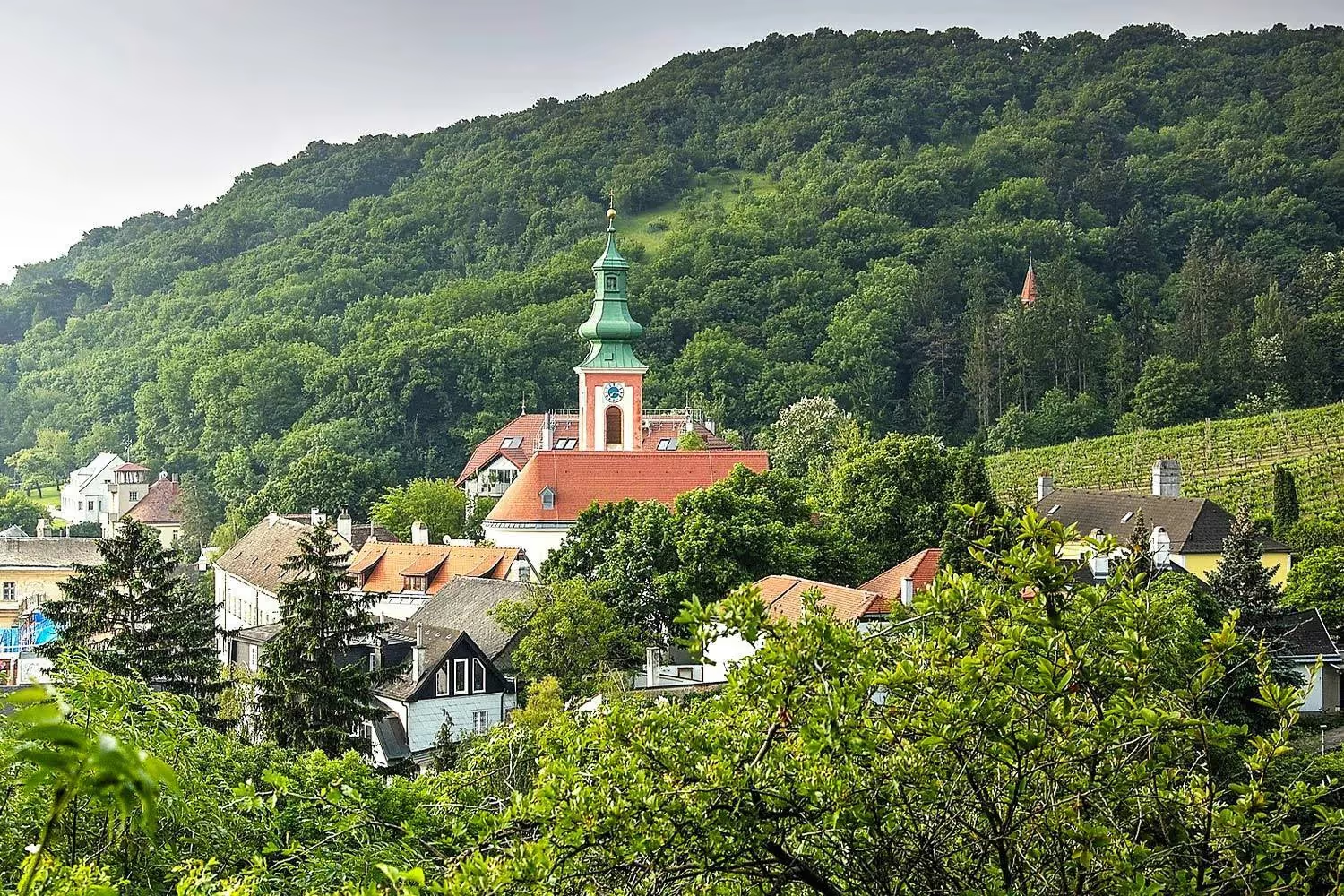
NBD! We recommend you to check out the 10 most attractive districts in Vienna for living and investing in.
How can we help you?
The highly qualified experts at Luxury Immobilien GmbH can offer you a complete service for buying, selling or renting property in Vienna and other federal districts of Austria.
Our services include:
- Consultation
- Choosing a property
- Collection of all documentation for the transaction
- Legal support
- Drafting and signing the purchase/sale/lease agreement
- Property trust management, etc.
If necessary, we can help you obtain a mortgage, open a bank account or a business in Austria, and apply for a residence permit.
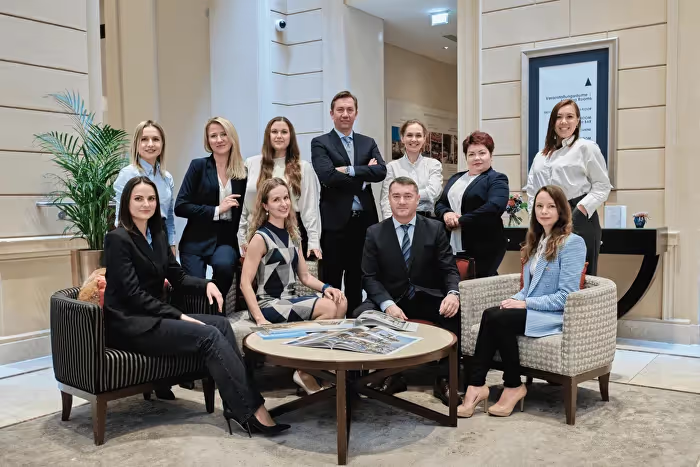
Share your contact details, and we will happily assist you in finding your dream property
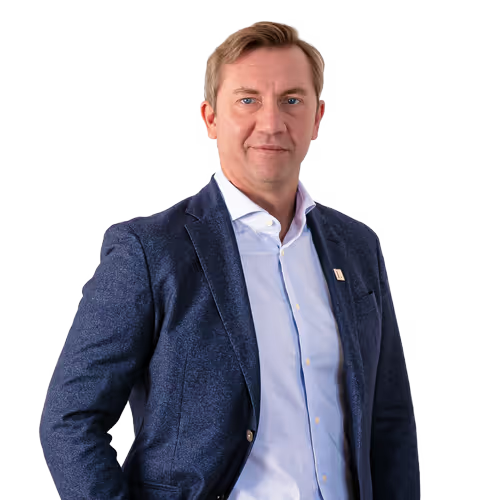
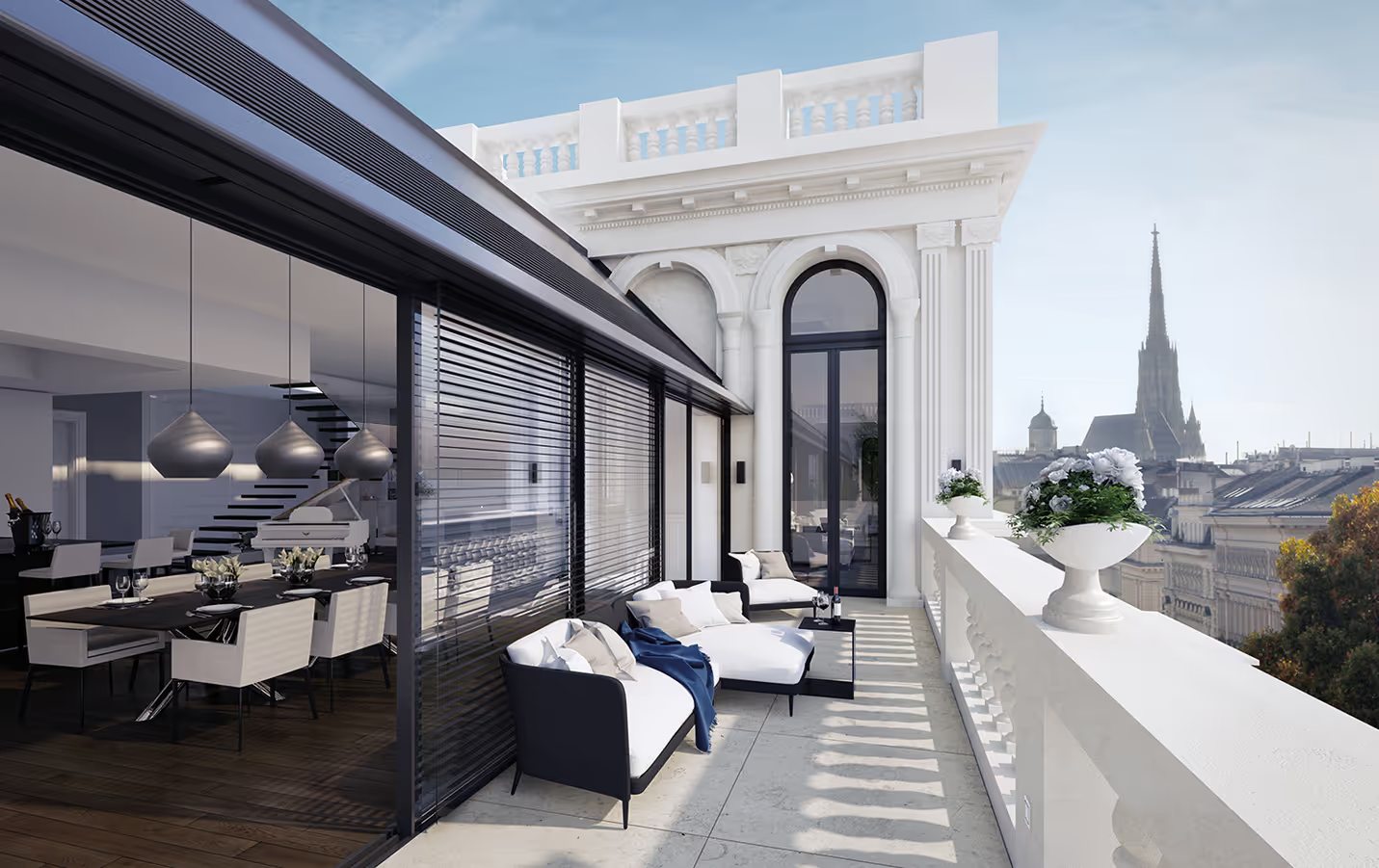




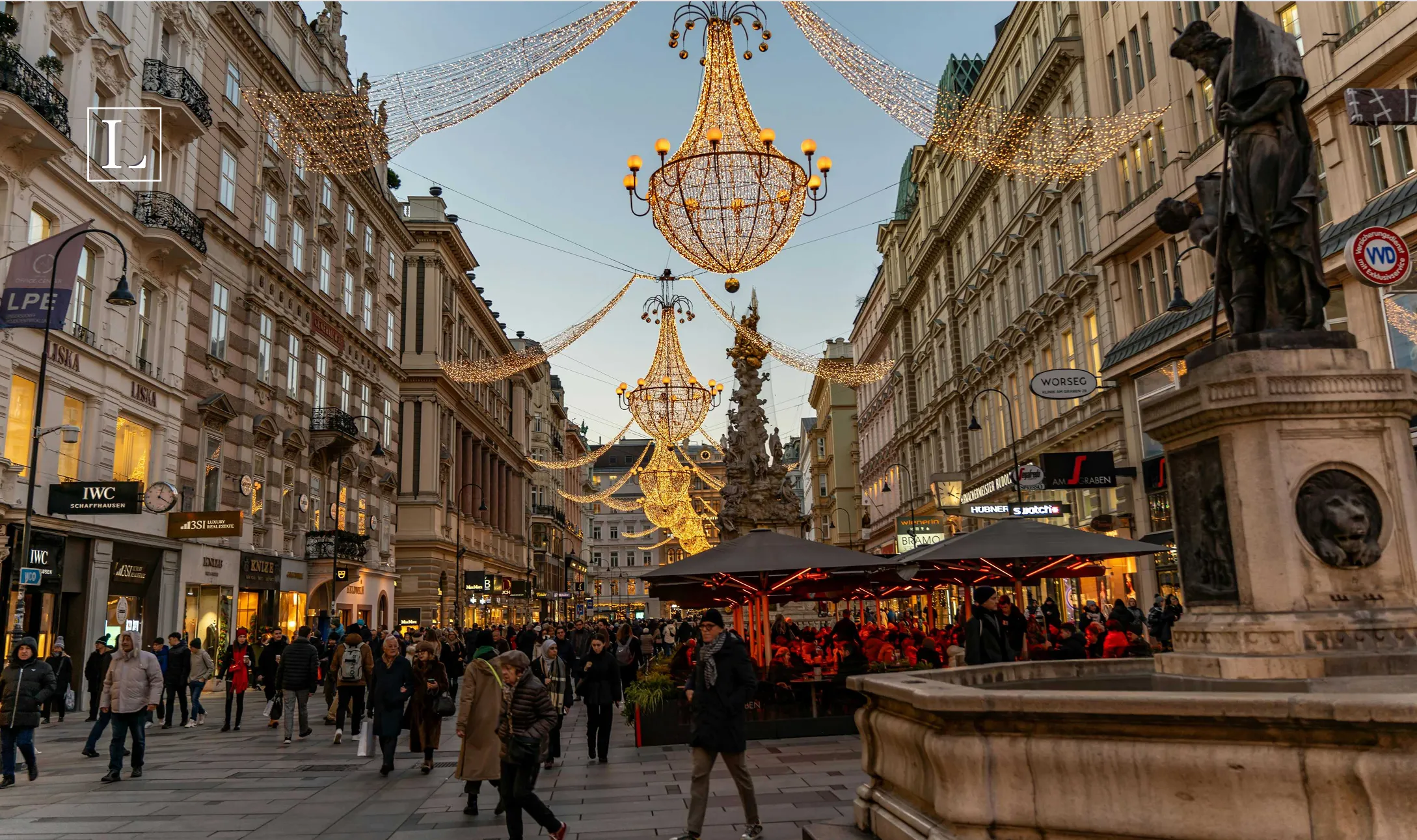
-p-2000.webp)
.avif)
%20(2).avif)





